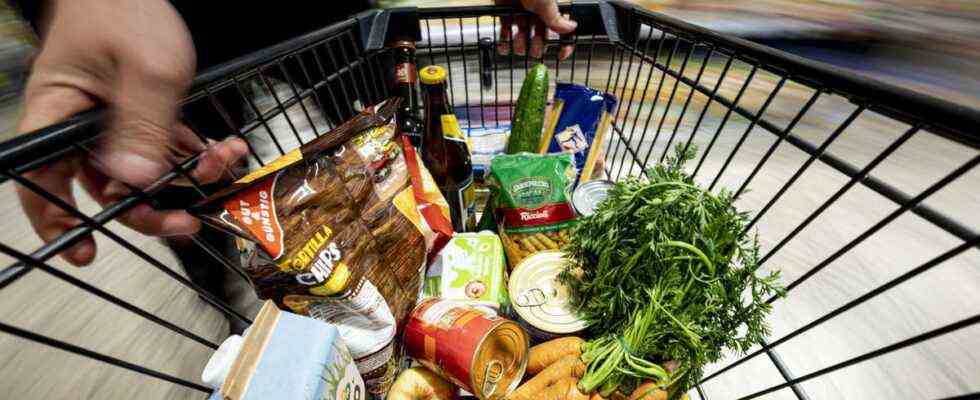fromChristina Rosenberger
conclude
Many products in the German retail trade exceed the recommended vitamin D values - despite the ban. But too much vitamin D can even be fatal …
Frankfurt – Food is a sensitive topic – there are always recalls because, for example Glass splinters in noodles* or Salmonella in eggs* being found. But even food for which there is no explicit recall can be dangerous for people – for example, if bans are disregarded. For example, there are strict regulations for vitamin D additives in German foods. These are often bypassed as reported by echo24.de*.
As the The consumer advice center Baden-Württemberg now reports that many foods that were fortified with vitamin D were examined in a market sample. Because the addition of vitamin D is prohibited for most foods in Germany – and requires special approval. If, for example, bread, milk, cereals or mushrooms are enriched with vitamin D through UV radiation, the manufacturers must meet strict requirements.
Vitamin D in Food – How Dangerous an Overdose Can Be
The addition of vitamin D is actually only permitted for a few foods in Germany. According to the consumer association, these are margarine and spreadable fats up to a certain amount. Other products require a certain permit – and when samples were taken by the consumer advice center, 68 of 112 products examined had none. That’s a whopping 61 percent. But where is the problem with products fortified with vitamin D?
The shopping cart is becoming more expensive: According to their own statements, the farmers benefit the least from rising food prices – and warn of bottlenecks. (Symbol photo)
© dpa
Quite simply: an excessive intake of vitamin D can be harmful to health. If you consume too much vitamin D, you can develop an increased calcium level, a so-called “hypercalcemia”. This acutely leads to nausea, loss of appetite, abdominal cramps, vomiting or, in severe cases, even kidney damage, cardiac arrhythmias, unconsciousness and, in the worst case, death. That reports that Robert Koch Institute. According to Vanessa Holste from the Baden-Württemberg consumer center, products that are sold despite the ban must therefore be taken out of the market as a matter of urgency.
Vitamin D in food – consumer advice center Baden-Württemberg gives tips on dosage
In order to avoid an overdose of vitamin D in the long term, it definitely makes sense, according to the consumer advice center, to pay attention to whether foods are fortified with vitamin D. In particular, products that are consumed in large quantities should not be fortified with vitamin D. But how do you then manage to avoid a vitamin D deficiency? The consumer advice center gives some practical tips for everyday life:
- It helps against vitamin D deficiency to go for a walk every day – lunchtime is best for this. The body’s vitamin D production is boosted in spring and summer, while in the winter months the body uses the vitamin D stores in fat and muscle tissue as well as in the liver.
- Eating fatty sea fish such as salmon, mackerel or sardines on a regular basis also replenishes the vitamin D balance. Eggs and mushrooms also provide valuable vitamin D. However, they should not necessarily be specially enriched with UV radiation.
By the way: Nutrition experts have also been researching a connection between vitamin D and the for some time now Coronavirus*. In addition to its central functions for bone health, vitamin D also has regulatory effects on the immune system, as reported by the German Nutrition Society. It is true that there is indeed a potential connection between a low vitamin D serum level and an increased risk of Covid19 infection – or a severe corona course. However, the study results are not yet sufficient to demonstrate a clear cause-effect relationship.
Nevertheless, the German Nutrition Society also advises that vitamin D supply should be achieved through exposure to the sun and through a diet of fatty sea fish. Vitamin D supplements should only be taken in an emergency and only under medical supervision. (Christina Rosenberger) *echo24.de is an offer from IPPEN.MEDIA.
List of rubric lists: © DPA Deutsche Presseagentur

